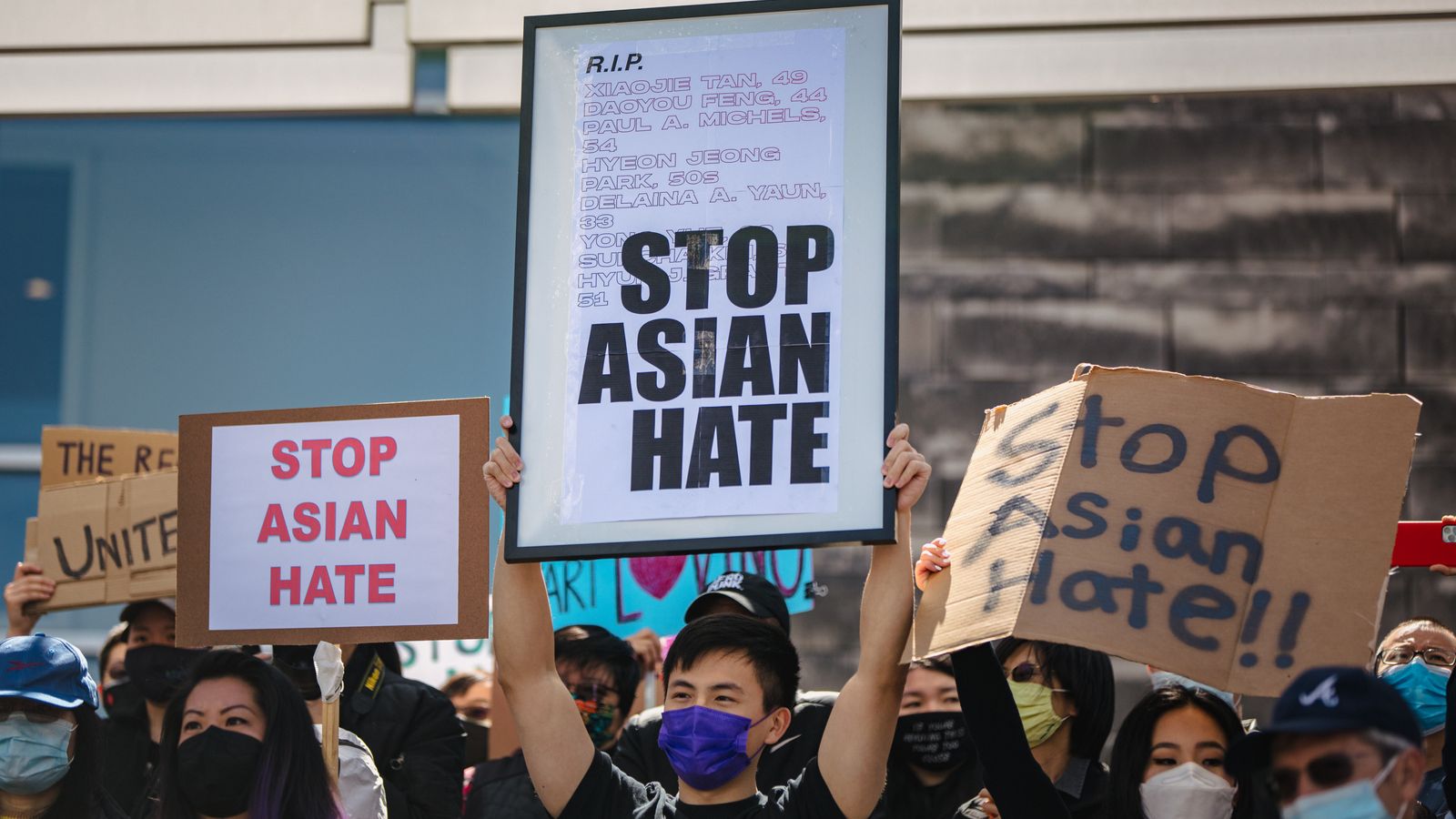BU Today POV: Prof. Hahm on “What We Need to Do to End Anti-Asian Racism”

Whether systemic or overt, racism requires multi-faceted solutions. Prof. Hyeouk Chris Hahm shared her perspective in an Op Ed in BU Today about the disturbing rise of anti-Asian racism and violence since the beginning of the COVID-19 pandemic, and also provided insights into anti-Asian racism’s long-lived history. “From the Chinese Exclusion acts and Japanese internment camps during World War II to the Yellow Peril and “model minority” stereotypes, Asian Americans have faced a “perpetual foreignness,” feeling unwelcome in their own country,” Hahm explains. “These biases and stereotypes have been reinvigorated as a result of the vitriol of the previous presidential administration.” However, in addition to educating the public on the short and long-term effects of Asian biases and stereotypes, Hahm provides proactive steps to end anti-Asian racism in America.
Excerpt from “POV: What We Need to Do to End Anti-Asian Racism” by Hyeouk Chris Hahm:
Despite the surge in news reports of anti-Asian violence during the past year, 37 percent of white Americans, 30 percent of Black Americans, and 24 percent of Hispanic Americans reported that they were unaware of the increase in assaults, hate crimes, or other forms of racism against Asian Americans…[The] survey also found that less than one in 4 Asian Americans feel respected in this country. Meanwhile, close to one in 4 white Americans do not believe that anti-Asian racism is a significant enough problem to be addressed. Equally telling, that same survey revealed that when asked to name a well-known Asian American, the most common answer among participants was “Don’t know” (42 percent).
In order to put an end to the perception of Asian Americans as “perpetual foreigners,” we first must do more to encourage and empower Asian communities to build solidarity within the community. Despite enormous efforts to strengthen ethnic identity, building solidarity among Asian Americans has been challenging due to vast cultural, linguistic, and historical diversity. Additionally, of all races, Asians are among the most diverse in terms of socioeconomic status. By promoting a Pan-Asian mentality, a collective power can be built and economic and political visibility will be created.
Asian Americans need better visibility in vocalizing support for civil rights movements such as Black Lives Matter. Supporting other communities of color in their fights for justice will help dismantle a common adversary: white supremacy.
Sharing Asian American voices in movements for change is critically important, especially for the more than half of the Asian American population who are immigrants. While attending town halls, city council hearings, and parent teacher organization meetings may be considered nonessential activities, these time investments are necessary for Asian visibility and representation.
Education policy must be reformed to incorporate Asian American history in grade school curricula in order to prevent future implicit bias and prejudices. It is critical to start early to educate individuals on the richness, diversity, and complexity of Asian American history, examining the lived experiences of immigrants and their contributions to American society.”